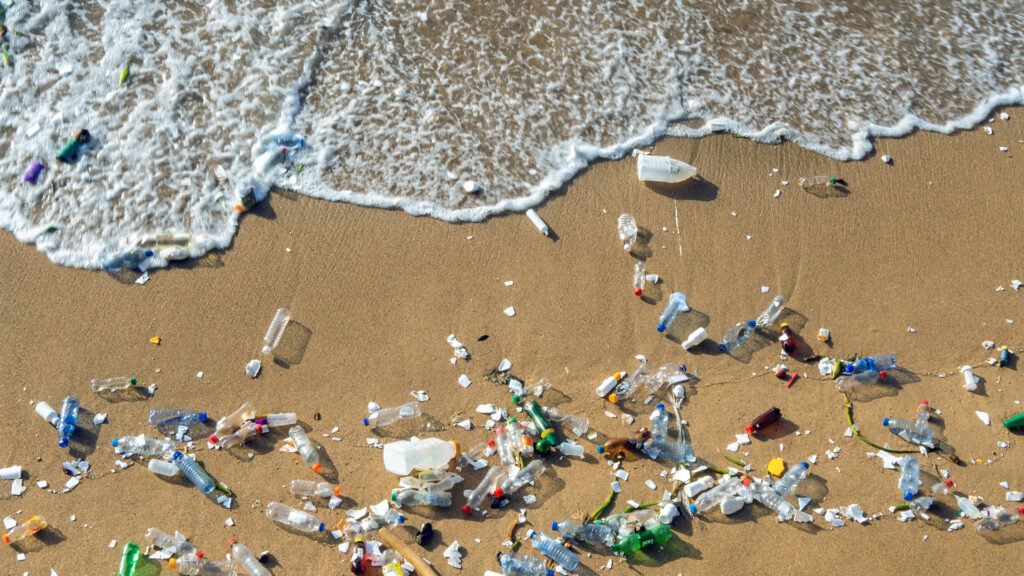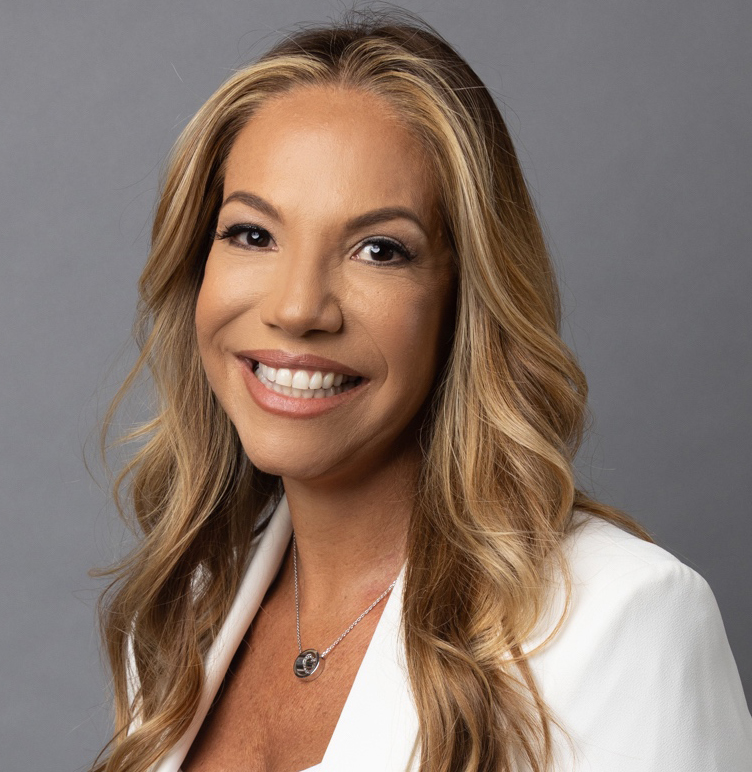By Thais Lopez Vogel, VoLo Foundation
As we land in July and the scorching days of summer set in, so too does Plastic Free July, a global movement aimed at reducing plastic pollution.
This initiative couldn’t come at a more crucial time. Our world is grappling with the pervasive issue of plastic waste, which not only chokes our oceans and landscapes but also exacerbates climate change.
The connection between plastic and climate change
Plastic production is a significant contributor to climate change. The process of creating plastic from fossil fuels releases significant amounts of greenhouse gases. According to the University of Colorado at Boulder, more than 300 million tons of plastic are produced worldwide each year, half of which are single-use plastics.
This figure includes water and soft drink bottles, plastic grocery bags, product packaging, straws, coffee cups and single-use plastic bags. The production and disposal of plastics emit about 3% of global emissions, as stated by Our World in Data.
The ‘No Plastic Please’ campaign

One inspiring response to this crisis is to use the month of July to reduce single-use plastic. The organization Plastic Free July initiated this goal in 2011 in Australia and has since spread around the world, inspiring more than 100 million participants in 190 countries.
We believe that by raising awareness and promoting sustainable alternatives, it is possible to reduce the consumption of single-use plastics, leading by example to achieve lasting change.
The campaign has seen success worldwide, with cafes, restaurants and retailers adopting policies to minimize plastic use. Customers are encouraged to bring their own reusable bags, cups and containers. These small changes, collectively, have a substantial impact on mitigating plastic waste.
Tips for reducing single-use plastic
Curbing our reliance on single-use plastics requires a shift in habits and mindset. Here are some practical tips to help you get started:
- Carry reusable bags: Always bring a reusable shopping bag when you go out. Keep a few in your car or near the door to avoid forgetting them.
- Ditch plastic bottles: Invest in a durable water bottle and fill it up before leaving the house. This not only cuts down on plastic waste but also saves money.
- Say no to plastic straws: Use metal, bamboo or silicone straws instead of plastic ones. Many restaurants now offer these alternatives, or you can carry your own.
- Buy in bulk: Purchase items in bulk to reduce packaging waste. Bring your own containers to stores offering bulk buying options.
- Choose eco-friendly products: Opt for products made from sustainable materials. For example, use beeswax wraps instead of plastic wrap and wooden utensils instead of plastic cutlery.
- Support plastic-free initiatives: Encourage businesses and local governments to adopt plastic-free policies. Support sustainability-focused brands.
- Educate and advocate: Spread the word about the dangers of plastic pollution and the benefits of minimizing plastic use. Join or support organizations that are working to combat plastic waste.
A shared responsibility

Addressing the plastic crisis is a shared responsibility. Governments, corporations and individuals all have roles to play. Policies regulating plastic production and disposal are essential, but so are the everyday choices we make. We can collectively make a significant difference by participating in Plastic Free July and committing to a lifestyle that minimizes plastic use.
The health of Earth’s ecosystems, biodiversity and the future of humankind depend on the measures we take today. Let’s embrace the challenge of Plastic Free July and beyond, striving for a world where plastic no longer pollutes our environment or accelerates climate change.
Thais Lopez Vogel is the cofounder and trustee of VoLo Foundation, a private family organization that exists to accelerate change and global impact by supporting science-based climate solutions, enhancing education and improving health. This piece was originally published at https://volofoundation.org/news/plastic-free-july-a-call-to-action/.
If you are interested in submitting an opinion piece to The Invading Sea, email Editor Nathan Crabbe at ncrabbe@fau.edu. Sign up for The Invading Sea newsletter by visiting here.



